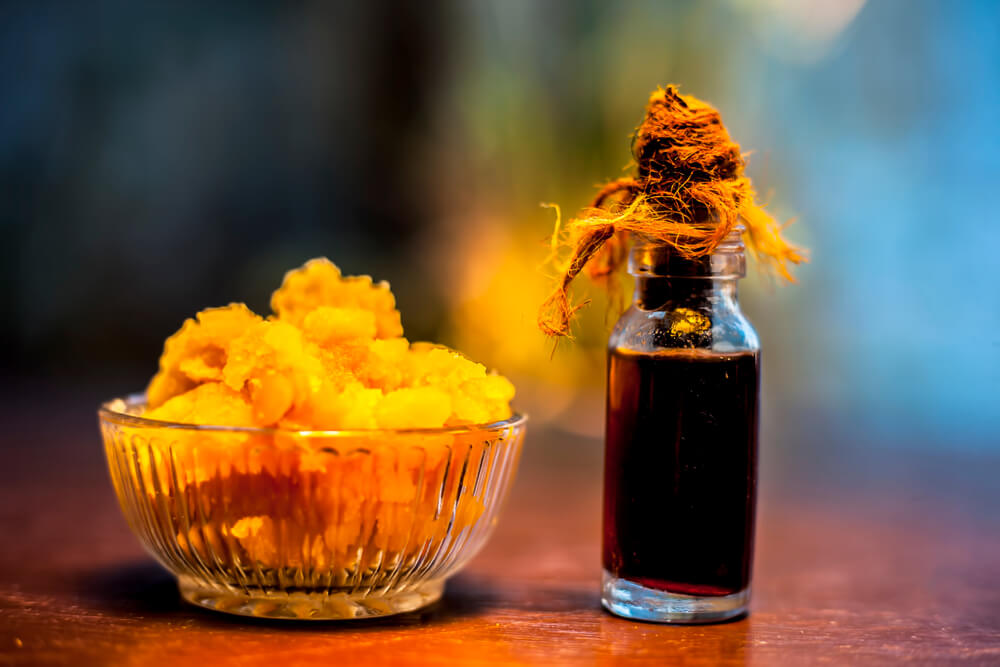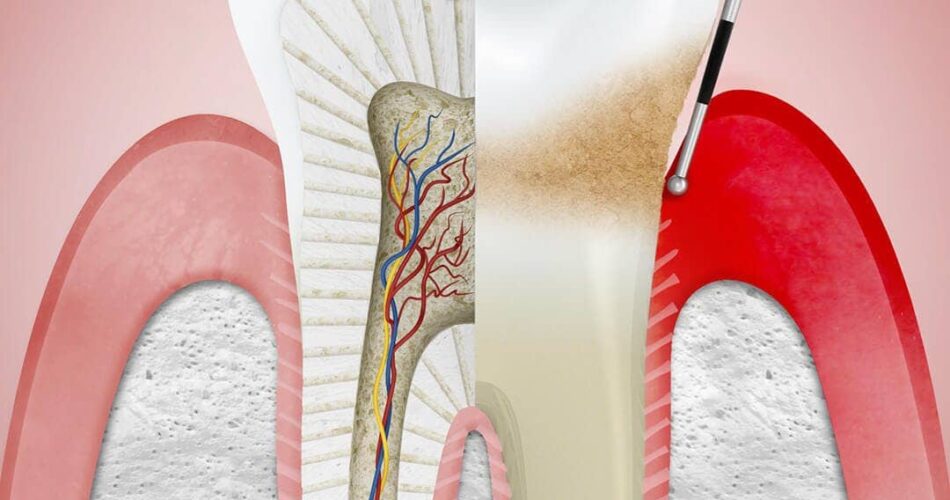Gum inflammation is a frequent dental health problem known as gingivitis. It can develop into a more serious condition called periodontitis if it is neglected, which can result in tooth loss. The management of gingivitis requires expert dental care, but other natural solutions can support conventional therapies. These treatments can aid in symptom relief and gum health promotion. It’s crucial to remember that natural therapies shouldn’t be taken in place of expert dental guidance; rather, they should be utilized in addition to it. In this comprehensive guide, we will delve into the world of natural remedies, highlighting ingredients with anti-inflammatory and antimicrobial properties that have shown promise in managing gingivitis. It is important to note that these remedies should be used under the guidance of a dental professional, as they are intended to support professional care rather than replace it.
Gingivitis Treatment
Plaque can accumulate along the germline as a result of poor dental hygiene habits, which are the main cause of gingivitis. This plaque is home to bacteria that produce toxins, causing the gums to swell and irritate. Red, puffy gums that may bleed during flossing or brushing are typical signs of gingivitis. Other typical signs include gum sensitivity and bad breath. To stop more harm from being done to the gums and underlying tissues, gingivitis (علاج التهاب اللثة في الرياض) must be identified and treated as soon as possible.

The Role of Natural Remedies in Gingivitis Treatment
In addition to receiving expert dental treatment, natural therapies can help control gingivitis. Due to their anti-inflammatory and antibacterial qualities, which can help reduce gum irritation and fight dangerous germs, they provide extra advantages. The use of natural remedies should be combined with regular brushing, flossing, and professional dental cleanings; they should not be used as stand-alone therapies.

Key Natural Remedies for Gingivitis
Tea Tree Oil

Aloe Vera

Saltwater Rinses
For ages, people have used saltwater rinses to improve dental hygiene and lessen gum inflammation. In warm water, mix in half a teaspoon of salt until it dissolves. Spend around 30 seconds gently swishing the solution around in your mouth, paying special attention to the gum line. Rinse with water and spit out the solution. Saltwater rinses can ease gum swelling and aid prevent bacterial growth.
Oil Pulling
An old practice known as oil pulling” entails gargling a spoonful of oil, such as coconut or sesame, around in your mouth for 15 to 20 minutes. This method promotes healthier gums, gets rid of toxins, and reduces plaque development. After gargling, spit out the oil and thoroughly rinse your mouth with water.

Clove Oil
The strong antibacterial and anti-inflammatory qualities of clove oil can aid in reducing the symptoms of gingivitis. Apply a few drops of clove oil, diluted in a carrier oil like coconut oil, using a cotton swab to the afflicted gum region. Before you rinse your mouth with water, let it sit for a few minutes. Note: Clove oil is best used sparingly and cautiously because excessive usage might irritate the skin.
Precautions and Considerations
While employing natural therapies might be helpful, it’s important to speak with a dental expert first, especially if you have any sensitivities or underlying disorders affecting your oral health. Certain drugs may interact with some natural therapies, and some people may experience negative side effects. To properly control gingivitis, it’s also critical to uphold appropriate oral hygiene habits, such as consistent brushing, flossing, and expert dental examinations.

